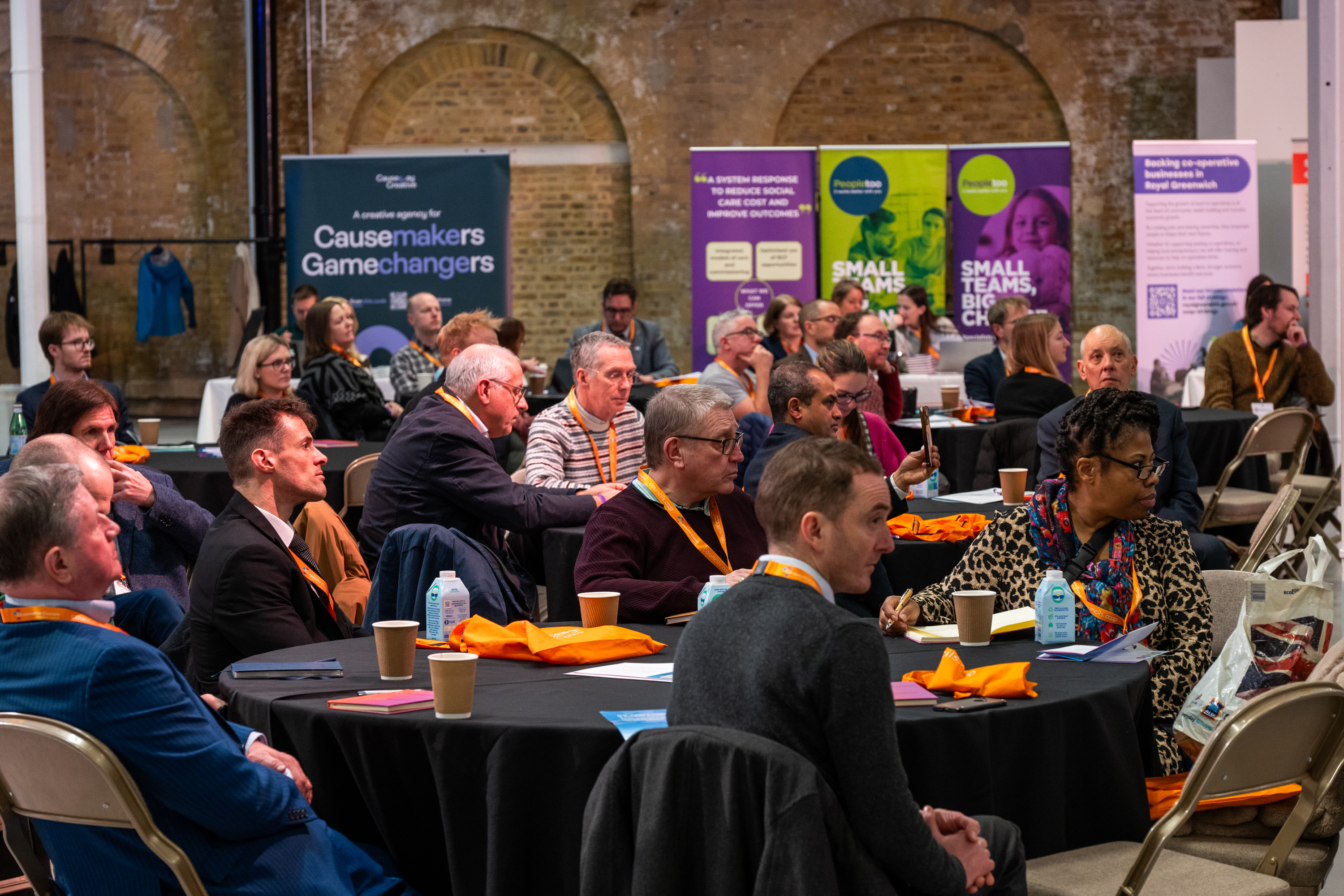
The CCIN Social Value Toolkit
Developing a new ‘commons sense’ for council procurement and commissioning
‘Procurement and spend’ is one of the central pillars of any council-led community wealth building (CWB) strategy, and is often discussed as a key lever in bringing about transformative change in the economy. Often this is done through policies and processes which seek to test and account for additional ‘social value’ in procurement decisions. However, the experience of many councils working in this area is that this agenda is not yet fulfilling its transformative potential. We’ve been exploring why this is the case and what councils might do about it through a Cooperative Councils’ Innovation Network funded Policy Lab to develop a Social Value Toolkit for co-operative councils.
Re-convivialising Social Value
In Tools for Conviviality (1973), social critic Ivan Illich makes a useful distinction in the way that tools can be used:
“[Tools] can be used in at least two opposite ways. The first leads to specialization of functions, institutionalization of values and centralization of power, and turns people into accessories of bureaucracies or machines. The second enlarges the range of each person’s competence, control, initiative.”
The first has an inbuilt tendency to generate more of the problem it was designed to solve, creating an ever-expanding dependency which Illich calls a ‘radical monopoly’. The second creates the generative conditions for engaging people’s innate capacities and desires to contribute to human flourishing, which Illich called ‘tools for conviviality’. In researching social value policies and the use of social value measurement frameworks in local government, we found that often local government finds itself stuck in a ‘radical monopoly’ of social value practice.
Rather than meeting its original intention to encourage public authorities to assess value more holistically, the Public Services (Social Value) Act 2012 has been absorbed into an organisational logic serving to preserve the status quo, and distract or disadvantage those suppliers, especially smaller enterprises, who are genuinely committed to wider public/social value objectives.
The Social Value Toolkit attempts to reclaim social value from this radical monopoly and present the commissioning cycle as a convivial tool, reminding local authorities of the power they already have to deliberatively discern the qualities that lead to productive relationships and flourishing places and to put in place assessments and governance which will more effectively work to those ends.


.jpg)










